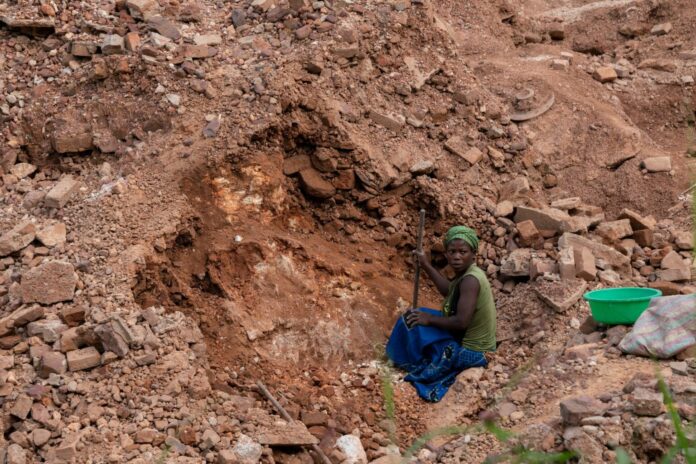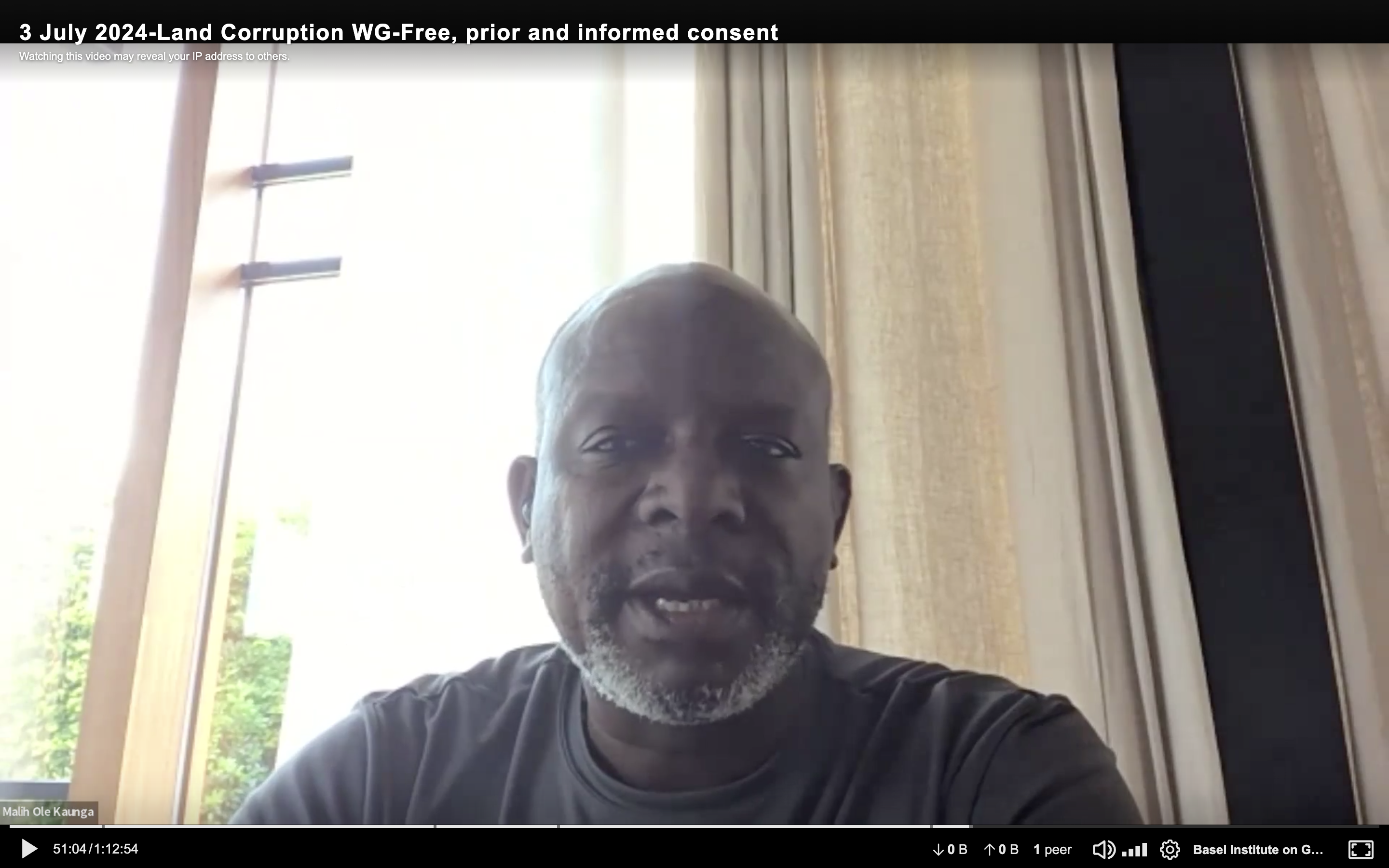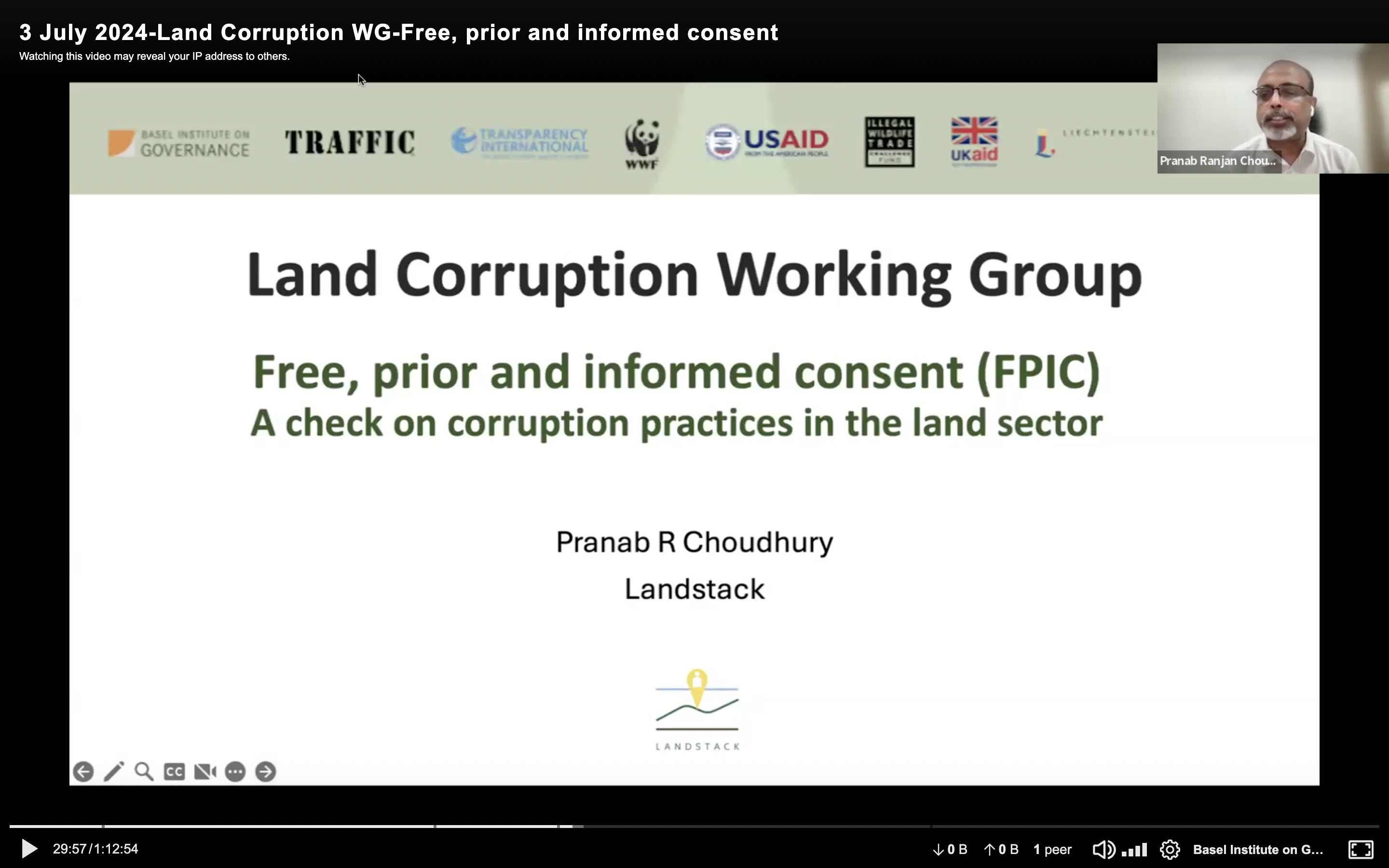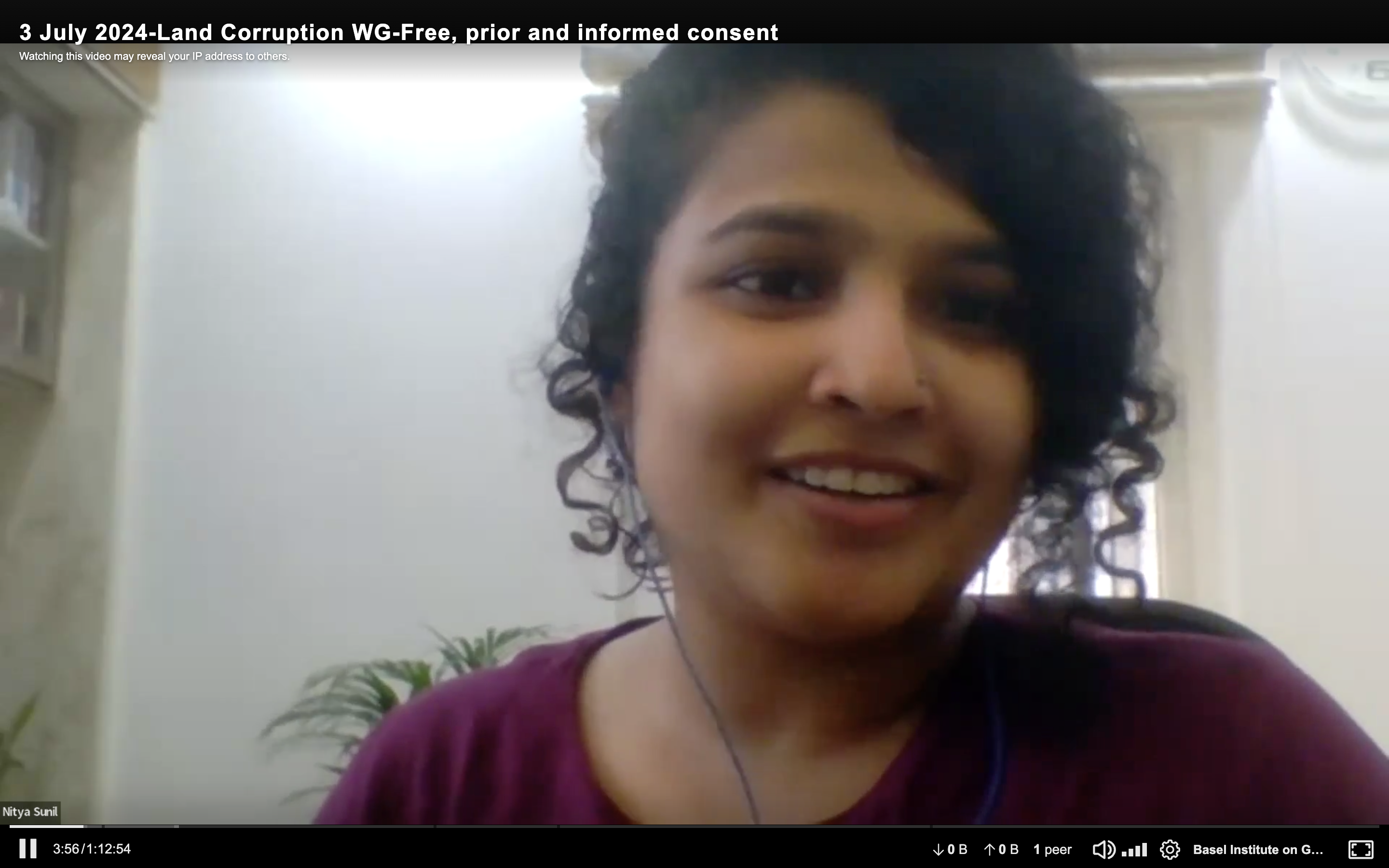
By Sharon W. Kiburi
Nairobi, Kenya: In numerous nations, land corruption poses a substantial obstacle, with marginalized communities experiencing the most from these prejudices.
Free, Prior, and Informed Consent (FPIC) principles, however, apply to the right of indigenous peoples to grant or withhold their consent for any activity that may affect their lands, territories, or rights. These key principles address some of the gaps in land-related issues, providing hope in an otherwise challenging situation.
The implementation and adoption of Free, Prior, and Informed Consent present a substantial challenge for many nations in the global south. In addition to offering practical and transparent land-based investments and projects using the FPIC Principles can be leveraged to check corrupt practices, land grabbing, and community conflict by ensuring that investments and projects respect existing tenure rights and provide fair compensation and benefits to communities.
 On July 3rd, a vibrant virtual seminar convened FPIC specialists from the private sector and civil society. The webinar explored the current landscape of FPIC. The discourse centered around its present state, its potential to prevent corruption, and its vulnerability to elite manipulation. Participants shared concrete examples of FPIC implementation from West Africa, Kenya, and India.
On July 3rd, a vibrant virtual seminar convened FPIC specialists from the private sector and civil society. The webinar explored the current landscape of FPIC. The discourse centered around its present state, its potential to prevent corruption, and its vulnerability to elite manipulation. Participants shared concrete examples of FPIC implementation from West Africa, Kenya, and India.
During his passionate address, Malih Ole Kaunga, the Executive Director of Impact Kenya, shared a distinctive viewpoint on the West’s intentions towards Africa as a marketplace and a carbon generator. In his opening remarks during a webinar, Mr. Kaunga presented a critical question for contemplation: In the portrayal of carbon as a mechanism for saving the planet, do local communities truly reap the benefits, or do investors disproportionately enjoy the majority of the advantages?
“The color of carbon is white. The investment funds come from the West, and investors, including USAID, develop mechanisms to ensure that the money returns to the Western countries through organizations and companies,” said Mr Kaunga.
Additionally, Mr. Kaunga stated that Free, Prior, and Informed Consent in Kenya is a formality, it does not conduct meaningful engagements with the citizens and the affected communities.
 Emphasizing the community steward approach to implementing FPIC, Mr. Pranab Choudhury, the Co-Founder and Director of Landstack, a global south think tank, stated, “Understanding the local context through stewardship will help ensure that outside efforts are aligned with local realities and aspirations, and do not work against them” he explained.
Emphasizing the community steward approach to implementing FPIC, Mr. Pranab Choudhury, the Co-Founder and Director of Landstack, a global south think tank, stated, “Understanding the local context through stewardship will help ensure that outside efforts are aligned with local realities and aspirations, and do not work against them” he explained.
Moreover, Choudhury stated that the increasing body of literature on the stewardship of natural resources by Indigenous people and local communities necessitates an ethic of care, intrinsic knowledge, and agency.
“Our successful methods are based on offering community-centric co-design to communities and partnerships with governments and other partners to provide the highest standards that enable the market” said Nitya Sunil is the Director of Legal, ESG, and policy at West Africa Blue.
 Nitya added that alternatives such as efficient cookstoves and fish smokers for communities would address trade-offs associated with changing mangrove-reliant cooking practices. She also noted the need for enhanced socio-economic assessments by implementing extensive community outreach programs.
Nitya added that alternatives such as efficient cookstoves and fish smokers for communities would address trade-offs associated with changing mangrove-reliant cooking practices. She also noted the need for enhanced socio-economic assessments by implementing extensive community outreach programs.
West Africa Blue is proud to have aided women in producing cookstoves for cooking as a trade-off from mangrove trees as firewood Nitya noted.
Addressing red flag issues such as lack of prior consultation, improper consultation, inadequate or misleading information, forced consent, absence of reporting, or nominal reporting is crucial to ensuring the successful implementation of FPIC.
The meeting concluded with agreement that a holistic approach is needed beyond stewardship, considering interconnectedness and Indigenous knowledge. Implementation of the crucial principles like transparency, collaboration, and well-defined benefits to ensure project integrity and establish a just benefit-sharing agreement in fighting land corruption.













